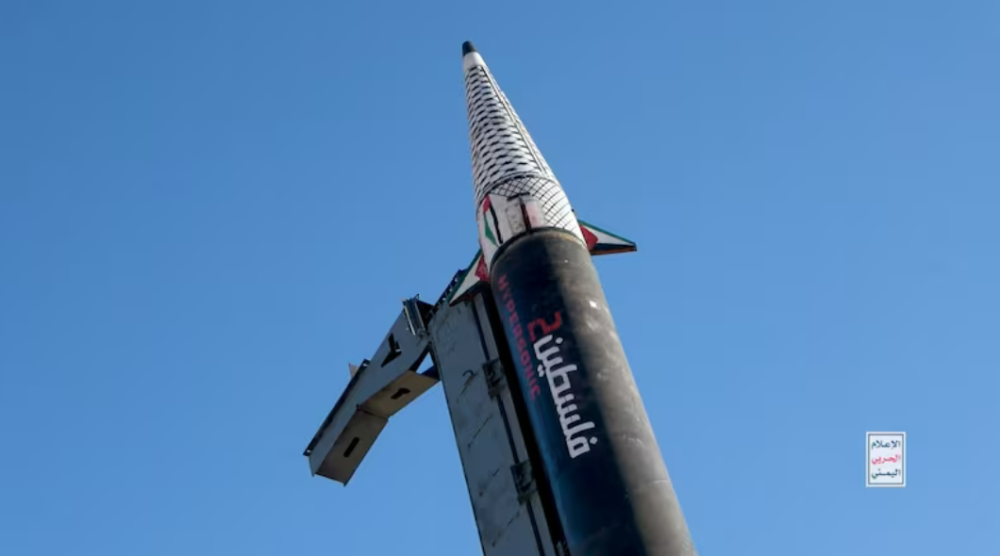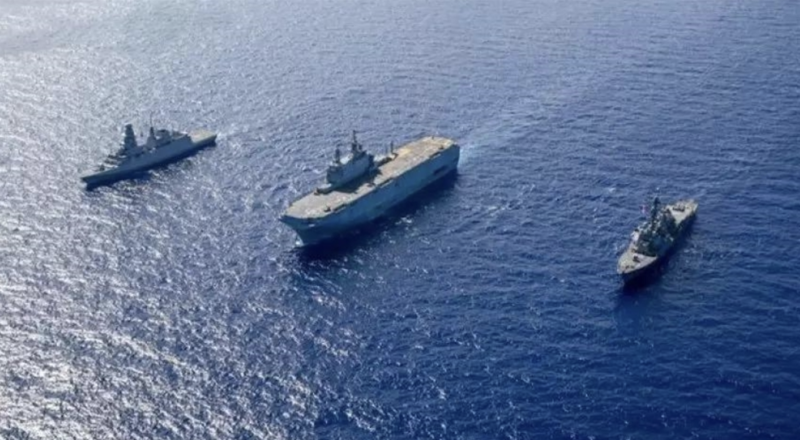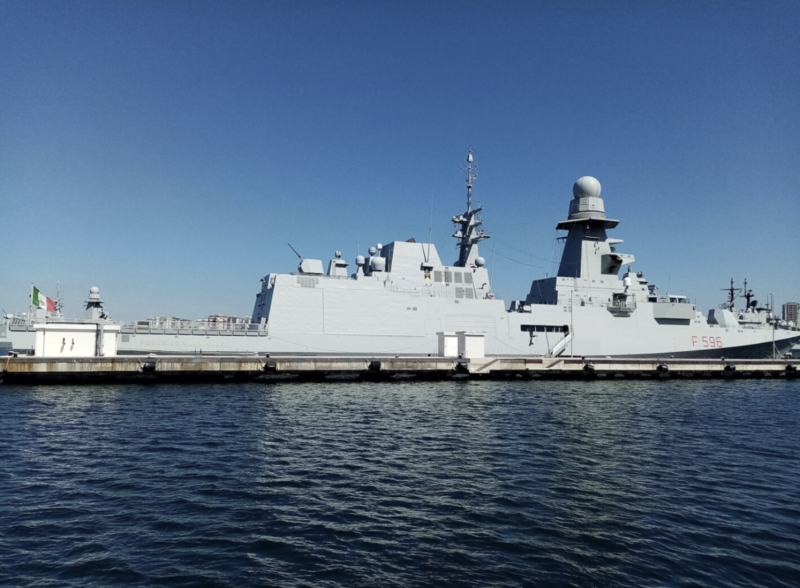Houthi missile that reached Israel was not hypersonic, Pentagon says


A Houthi missile that reached Israel at the weekend was not a hypersonic weapon, the Pentagon said on Tuesday, countering claims by Yemen's Iran-backed rebels.
The Houthis on Sunday claimed responsibility for a “hypersonic” ballistic missile attack on central Israel, praising it for causing “fear and panic” throughout the country. They called the missile Palestine 2.
“We've seen the Houthis employ cruise missiles, ballistic missiles, but we've not seen anything to this stage which we would term as a hypersonic missile,” Pentagon press secretary Maj Gen Pat Ryder told reporters. “I believe, in this case, it was a ballistic missile.”
Hypersonic missiles can fly at least five times faster than the speed of sound and on a complex trajectory, making them hard to intercept.
In June 2023, Iran announced it had developed its first domestically made hypersonic missile. On Monday, Iranian President Masoud Pezeshkian said Tehran has not sent hypersonic missiles to Yemen's Houthis.
Israel's military made several attempts to intercept the missile, which appears to have broken up in the air. The military said it is reviewing what happened.
Sunday's attack marked the deepest a missile launched from Yemen has gone into Israel, about 2,000km away. In July, the Houthis sent an explosives-laden drone into Tel Aviv, killing a local man. The following day, Israel retaliated with a counterstrike on Yemen’s Red Sea port of Hodeidah.
The developments come as tension soars between Israel and the Houthis, as well as Hezbollah in Lebanon. On Tuesday, nearly 3,000 people were injured and at least nine killed, including a child, when thousands of pagers simultaneously detonated across Lebanon.
The US denied any involvement in the attack that appeared to be aimed at Hezbollah members.
“I can tell you that the US was not involved in it,” State Department spokesman Matthew Miller told reporters, adding that “we are gathering information on this incident”.
Maj Gen Ryder did not comment on the incident.
US Defence Secretary Lloyd Austin on Monday spoke to Israeli Defence Minister Yoav Gallant and urged him to pursue a diplomatic way of de-escalating tension with Hezbollah. Mr Gallant had suggested that military action might be the only way to ensure Israelis can return to northern Israel.

Mokha — Yemen is entering a highly sensitive stage as political and military developments accelerate, raising mounting warnings over the resu…

Red Sea — The European naval mission tasked with safeguarding international shipping lanes announced that an Italian frigate operating under…

Paris – The French Ministry of Foreign Affairs issued a statement expressing deep concern over the situation in Yemen, while reaffirming its…